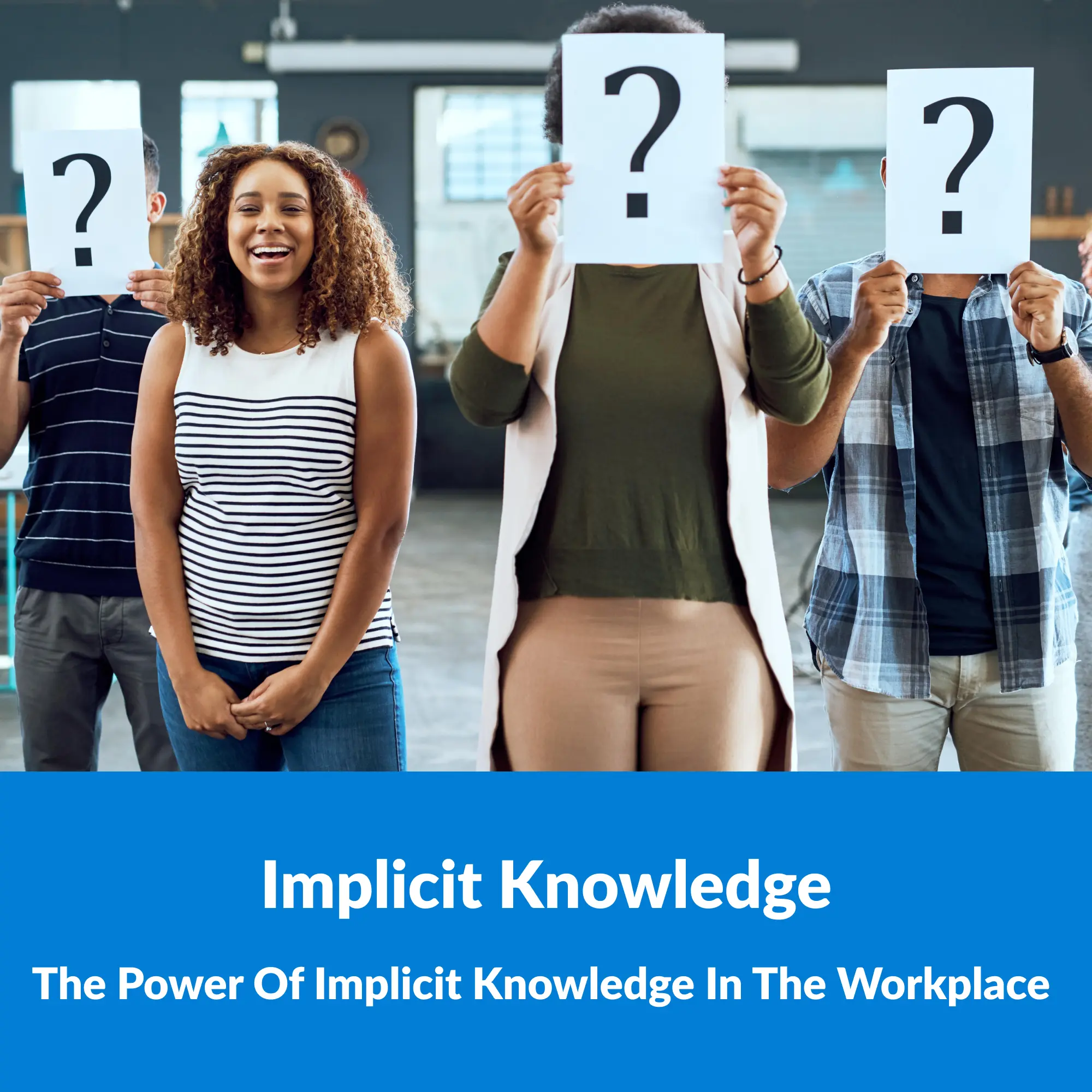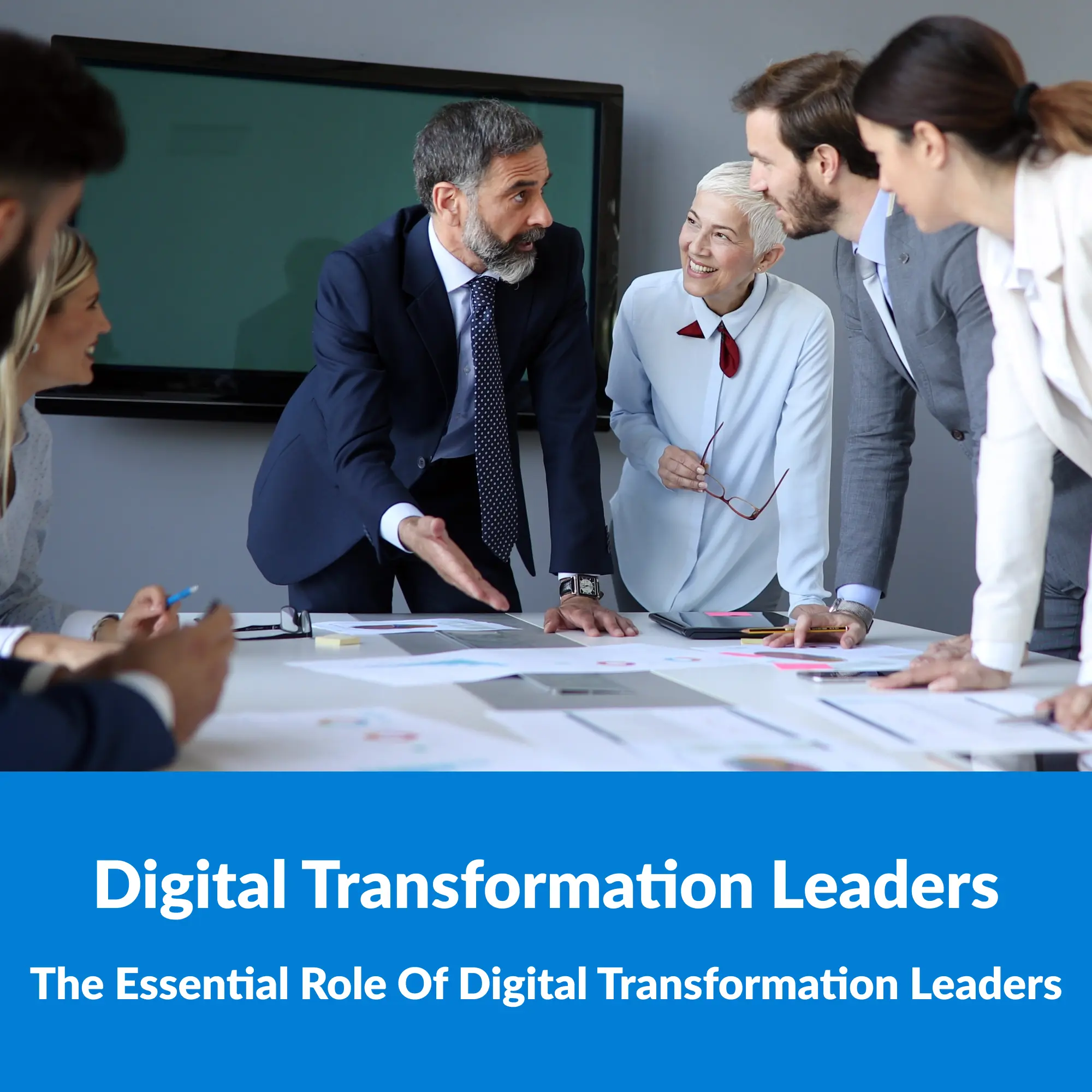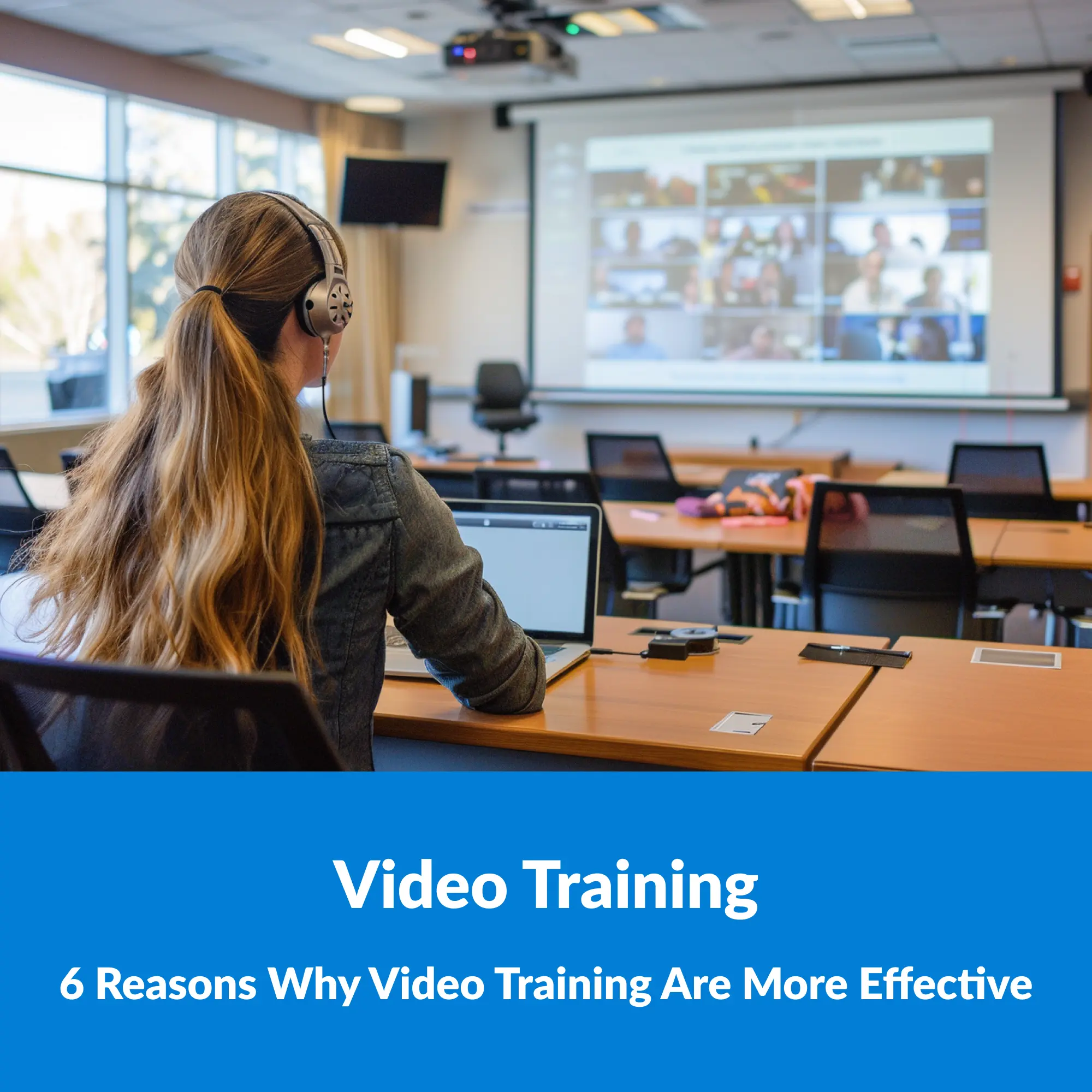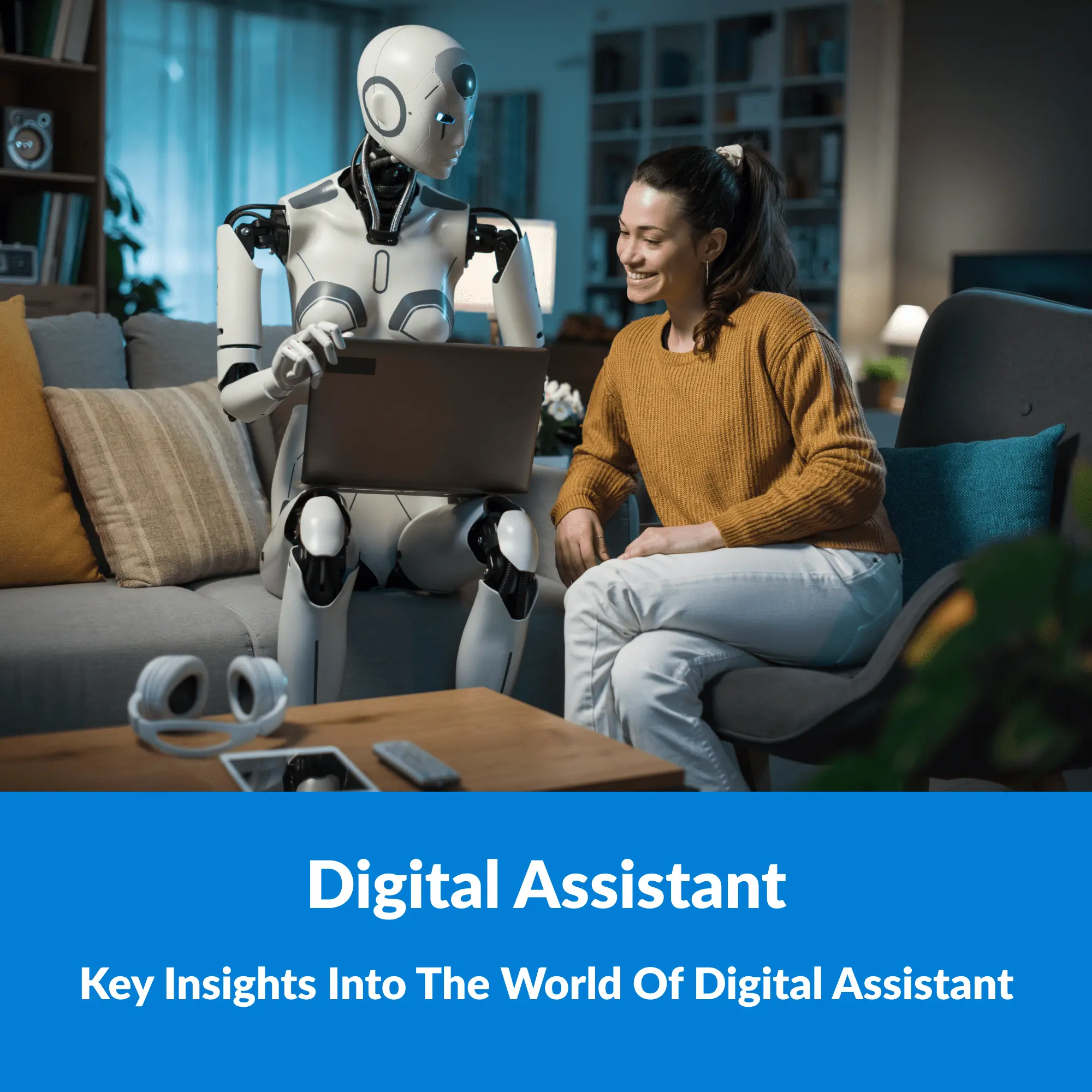
“Our bulk UPK converter turns UPK content into Opus editable content. When our partners see their hands-on work literally takes just a few minutes, they’re blown away!”
Tom Casillas, former Oracle UPK Lead Support Technician and current Epilogue Director of Operations.
“Having originally developed UPK at Global Knowledge Software and then every major release after the acquisition by Oracle, we understand UPK inside and out.”
Mark Overton, former Oracle UPK VP of Product and Engineering and current Epilogue Chief Technology Officer
“I chose to work for Epilogue Systems because their product, Opus, is what the next generation of UPK would have been if Oracle had not decided to sunset the product. Our team at Epilogue has a long history of understanding your needs and helping you and your customers manage risk.”
Bob O’Neill, former Oracle UPK Director of Sales Operations and current Epilogue SVP of Sales and Business Development
Your clients look to you as a trusted resource to cut through the noise and help identify what’s important to their success. Being that trusted source requires knowing what technologies and approaches add value, reduce cost and improve outcomes and, at the same time, generate revenue for you.
From 2008-2018, Oracle UPK was the market leading Electronic Performance Support solution, which is now referred to as a “Digital Adoption Solution“ following Gartner’s re-categorization in 2019. Oracle’s support of UPK ends December 2022 and there are some important things you and your clients should consider to help assess what’s in your clients and your best interests.
You may be a:
- Large, medium or small systems integrator
- Technical implementation consultancy
- Change Management consultancy
- Training consultancy
- Project Management consultant/contractor
If you are involved in deploying Oracle applications like Oracle Cloud, EBS, JDE, Peoplesoft, and others or have used Oracle UPK on these projects to provide documentation, UAT scripts, and other training materials, what can you do about the UPK sunset? How can you help your clients understand what they can do? How can you provide 5-star service in delivering a solution?
We’ve compiled 7 FACTORS that may help you better understand the situation with Oracle UPK and may help you frame a conversation and possible solution for your Clients:
- UPK’s potential security issues.
- UPK’s last major update (12.1) was in 2014 and the final service pack was in 2019.
- UPK’s use on current and future application projects, Oracle or otherwise.
- UPK’s compatibility with non-Oracle and cloud applications.
- UPK’s dated look and feel.
- The current state of Digital Adoption Solutions and how to assess alternatives to UPK.
- Salvaging UPK content.

FACTOR 1. UPK’s potential security issues.
Oracle UPK has not indicated they will be continuing to issue technical updates for browser and Operating System updates which are required of any software to ensure security and functionality availability. This places a burden on your Client’s IT security team to validate security and upon those whoadministrator UPK to validate continued functionality. In many companies, continued use of software requires vendors to issue technical updates to remain current with browser and security updates.
Do your Clients know how to comply with their company’s policies? Do they know how to involve IT security to understand if they are in or out of compliance? Do they understand the effort involved to validate UPK’s continuing functionality?
FACTOR 2. UPK’s last major update (12.1) was in 2014 and the final service pack was in 2019.
As an extension to FACTOR 1, UPK has not seen meaningful enhancement since 2014 and since that time, things have changed in the world of digital adoption and EPSS.
- Applications have moved to SaaS and Cloud.
- Desktop-based applications have become challenging for IT leadership to support.
- Learning and Development teams are stretched thin with the demands of the digital workplace.
- New learning management technology like xAPI/TinCan has become the new standard for analyzing learning data but is not captured by UPK.

FACTOR 3. UPK’s use on current and future application projects, Oracle or otherwise.
Last Fall 2019, Oracle announced extending support and enhancement of key Oracle products like Oracle EBS, JD Edwards, PeopleSoft, Siebel and Hyperion through 2031 at lease. See this link: (https://www.oracle.com/support/lifetime-support/applications-unlimited.html).
As you look at your Client’s application landscape, do you see compelling events on the radar such as updates, upgrades or replacements? Also, is the current situation causing a change in how users, many of whom are and will remain remote, are supported in their use of these applications? Is you Client considering UPK for creating support content for any of these initiatives which will exacerbate their eventual transition off UPK?
FACTOR 4. UPK’s compatibility with non-Oracle and cloud applications.
Since UPK was developed as an on-premises and partially desktop EPSS technology, the explosion of Cloud technologies has occurred. The new concept of the Digital Workplace involves Cloud applications that enable better collaboration, project and task management, content management, sharing and communication. Major applications like Salesforce, Workday, Oracle Cloud, SAP, Infor CloudSuite, Dynamics and AthenaHealth are in the cloud. Newer digital adoption solution technologies were built to handle these dynamic applications, UPK was built for the time before these applications.
“Back in the day”, Oracle UPK was seen as application agnostic but this was done not by a technology that made UPK agnostic but by a large team of Engineers who “tuned” UPK to react to specific nuances of how various applications were constructed. That team of Engineers has not been in place for 4-5 years and UPK has become increasingly non-agnostic. How do we know this, because of the key Oracle UPK team members at the top of this article who are now a part of Epilogue.
FACTOR 5. UPK’s dated look and feel?

The look and feel of the work you do reflects on your firm and on you. The look and feel of 2020 has progressed dramatically from the look and feel of the early 2010’s. UPK’s look and feel, the application’s UI itself and the content it generates, is rooted in the late 2000’s. Even without the added complications of a product no longer developed and soon not supported, do you want an outdated look and feel to be reflective of your work and your firm’s and your Client’s image?
FACTOR 6. The current state of Digital Adoption Solutions and how to assess alternatives to UPK.
When it comes to digital adoption solutions, there are two different technology approaches – field level and process level. This buyer’s guide may be helpful to learn some of the important considerations as you seek an alternative solution. Click on the image or the button below to download the guide. For something a bit shorter on the subject, this blog may be useful:
Digital Adoption Solutions — Great idea, 25 years in the making!
FACTOR 7. Salvaging UPK content.
An important consideration is the fate of the content created with UPK. Most UPK customers have a significant volume of user content they either purchased, purchased and modified or created new. In the customers we’ve transitioned off UPK, it’s ranged form 200 to over 2,000 topics. There’s a lot of money wrapped up in that content and salvaging content that is still relevant can save tremendous time and cost.
A big consideration for customer that want to keep some or all of their UPK content is to find a digital adoption solution that can effectively import and convert that content without re-creating it. There are only a few digital adoption solutions that can convert UPK content and here’s some conversion considerations to understand about the converter:
- Can odarc files be loaded and converted in bulk or only one at a time?
- Does the conversion into the new solution’s output format capture the nuances of the UPK formats? Even though UPK is old, it was a powerful tool and converting it’s content requires a robust converter.
- Will your new tool import the content at a low enough level of granularity (source vs. publish) to allow efficient editing?
- If editing of the converted content is required, does the new solution’s editor allow this quickly and easily?
This short video shows how easy and fast UPK content is converted into fully editable content in our digital adoption solution, Opus.
Conclusion – Partner with Epilogue
Epilogue is not a service provider, we are a digital adoption solution software company. We partner with many service providers who see our digital adoption solution, Opus, as a valuable technology for their Clients and for enabling a scope of service to bring effective digital adoption to their Clientss. Our different partnering options:
Be A Partner With Epilogue Opus
By the way, here’s just a few UPK team members that are leading Epilogue and Opus in becoming the premier enterprise-class digital adoption solution:
- Mark Overton, CTO – previous VP Product & Engineering for Oracle UPK and before that, at Global Knowledge Software
- Tom Casillas, Dir. of Operations – previous Lead Technical Support for Oracle UPK
- Bob O’Neill, SVP of Sales & Business Development – previous VP of Operations for Global Knowledge Software and Director of Sales Operations for Oracle UPK
We truly believe Epilogue Opus is the top consideration as you transition from UPK to the next level of excellence in digital adoption.





